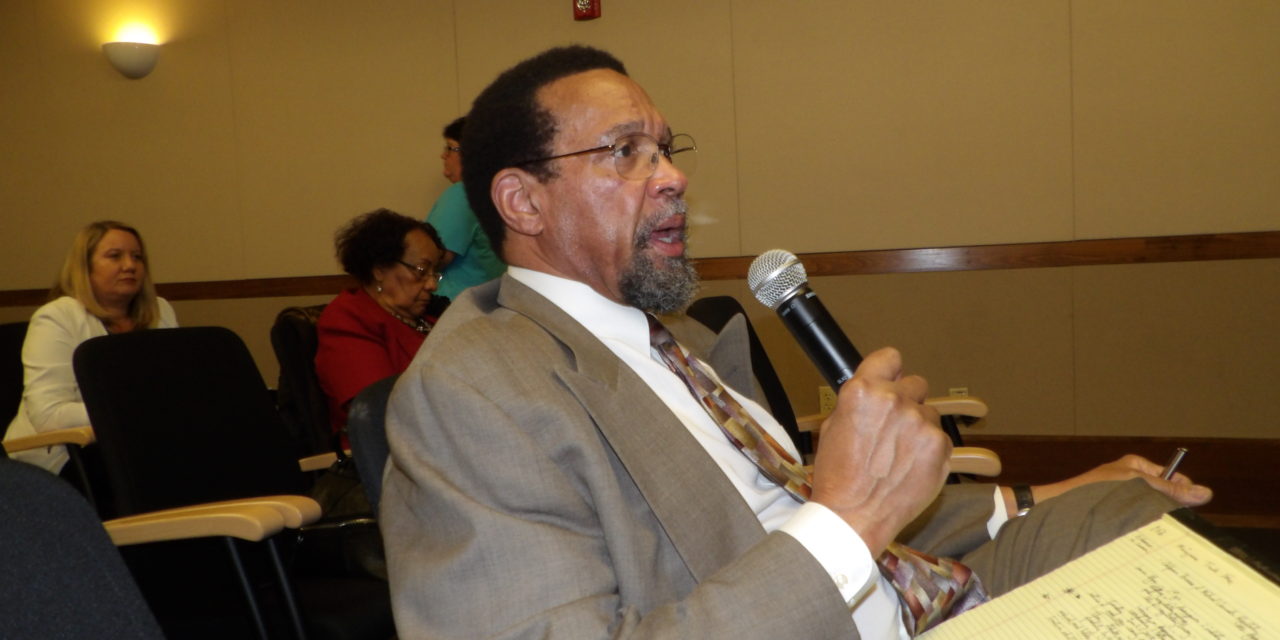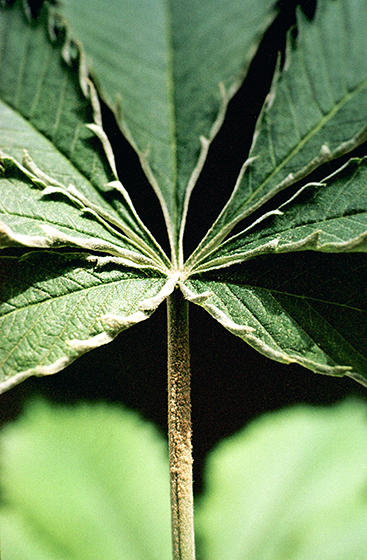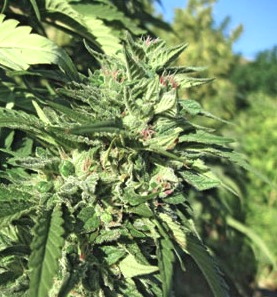A Note to the SCC From Steve Robinson, MD:
After the passage of the medical cannabis regulation and safety act (MCRSA) in 2015 and Proposition 64 in 2016, the California landscape for cannabis has undergone seismic shifts. MCRSA establishes new agencies and bureaus within the California state government and defines licensing categories for different segments of the industry. It charges the Medical Board of California (MBC) to amend their enforcement priorities to include “excessive recommending of cannabis for medical purposes, or recommending without a good faith prior exam,” and instructs them to consult with the California Center for Medicinal Cannabis Research in developing guidelines for cannabis recommendations. In response to these legislative changes, as well as to policies suggested by the Federation of State Medical Boards (FSMB), the MBC has delegated the responsibility for reviewing the existing policies and making recommendations for change to a Marijuana Task Force (MTF).
The first meeting of the MTF, held on February 8, was an uneventful review of the existing guidelines and legislation. As stated in the meeting announcement, they specifically avoided discussion of a potentially contentious item: physician use of cannabis. This discussion, presumably, will be deferred until later. In the meantime, the Board’s executive director, Kimberley Kirchmeyer, stated that marijuana has been added to the list of substances that may produce impairment, as recommended by the FSMB. When asked whether simple use of cannabis would trigger an investigation and loss of licensure, she gave an historical context that when cannabis was illegal, simple use would constitute a crime. Despite the fact that many states have legalized medicinal cannabis, and have accumulated greater experience than the federal government in its use, this tension remains.
The FSMB, hewing to the conservative line, adopted a resolution (R16-3, April, 2016) recommending that state medical boards advise physicians to abstain from the use of marijuana for medical or recreational purposes, while actively engaged in the practice of medicine. Clearly, the issue of cannabis use by physicians is fraught with ambiguity, and in some cases, coercion.
In Colorado, physicians have been forced to choose between continuing their medical practice, or using medicinal cannabis as a viable alternative to treating their conditions. Some have opted to forego treating others in order to fully relieve their own symptoms. In one egregious example, Washington State suspended a physician’s license after an investigation was initiated for a urine testing positive for marijuana metabolites on a routine employment intake exam. Since that physician was also licensed in California, another investigation triggered a cascade of unfortunate events resulting in the conclusion that since the initial discipline for unprofessional conduct involved the “abuse of drugs” the physician was presumed to be a “substance-abusing licensee” subject to mandatory terms and conditions. To date, nearly two years after the first incident, this physician’s license is still suspended.
In the Washington State incident, no testimony was provided documenting any use, intoxication or impairment on the job. No evidence was presented that the physician’s performance or interactions with staff or patients were compromised. Nevertheless, the bureaucratic machinery in California adopted the conclusions meted out in Washington and dutifully suspended the doctor’s license.
In other states, the agencies charged with the responsibility for managing physicians deemed “substance-abusing licensees,” are the “Physician Health Programs.” These state PHPs have a federation as well. The president of the Federation of State Physician Health Programs is Dr. Doris Gundersen, medical director of the Colorado Physician Health Program, the program responsible for implementing a “zero tolerance” stance when it comes to cannabis use among physicians. Dr. Gundersen writes passionately, persistently and apparently, very persuasively, about the dangers of cannabis use. She has published in the journals of other states’ PHP publications, spreading her views with the zeal of a latter day Torquemada. Some quotes from just one of her tracts:
Today, the emphasis is on evidence-based medicine and vigorous smoking cessation campaigns, yet marijuana is being promoted despite the known health hazards……….. Adolescent neurotoxicity in the brain and adult cognitive impairment have been observed……….. Although marijuana is less addictive than substances such as cocaine and heroin, long-term marijuana users can develop dependence and withdrawal requiring chemical dependency treatment………… The earlier a child is exposed to marijuana, the greater the risk of cocaine and heroin use and drug dependence as an adult………… Among those who have used cannabis, the risk of developing psychosis increases by 40%………….”
And if these statements weren’t enough, there are these horrifying incidents:
“Many new consumers were not aware of the potent THC content in edibles. After eating a marijuana cookie, one 19-year-old college student became agitated and jumped off a hotel balcony. An adult male shot and killed his wife after eating pieces of candy containing marijuana……”
Shades of “Reefer Madness.” Perhaps, but in the interests of caution and public safety, she advises,
“PCPs (primary care providers) should advise patients employed in safety-sensitive jobs, including the health care professions, of the significant cognitive deficits that can develop with acute and prolonged use of marijuana.”
This past September, the California legislature passed SB 1177, which the governor signed into law, establishing the “Physician and Surgeon Health and Wellness Program” within the Medical Board of California. “The PHWP will provide for the early identification of, and appropriate interventions to support a licensee in the rehabilitation from substance abuse and to ensure that the licensee remains able to practice medicine in a manner that will not endanger the public health and safety.” Although the PHWP isn’t slated to be fully operational until 2018, members of the MBC will have oversight of this program. To their credit, members of the Marijuana Task Force would like to hear testimony, preferably from experts, and/or researchers, addressing the impact of acute and long-term cannabis use on performance and impairment issues, particularly with regards to physicians. Task Force members have stated that they’d like this presentation for one of the upcoming quarterly meetings of the full board. The next one is in April.
The MBC is already aware of Dr. Gundersen’s role as president of the Federation of State Physician Health Programs, and also from her involvement in the FSMB. I’m afraid she’d be only too eager to come to California and argue for the adoption of zero tolerance.
The SCC needs to mount a vigorous effort to counter-balance this prohibitionist trend. In the short term, we need to identify advocates and researchers who would be willing to address these issues and present a more balanced approach to the medicinal and/or recreational use of cannabis. Task Force members are reaching out to the SCC for their suggestions. Two pro-cannabis psychiatrists that come to mind immediately are Lester Grinspoon (Harvard) and Julie Holland (NYU – “The Pot Book”). Other neuroscientists would be Ethan Russo, M.D., of course, in neurology and Carl Hart, Ph.D., a neuroscientist at the medical school of Columbia University. For the longer term, we should work on identifying California-based psychiatrists who can continue to “man the barricades.” Given that California just passed SB-1177, there is some urgency to this matter.




